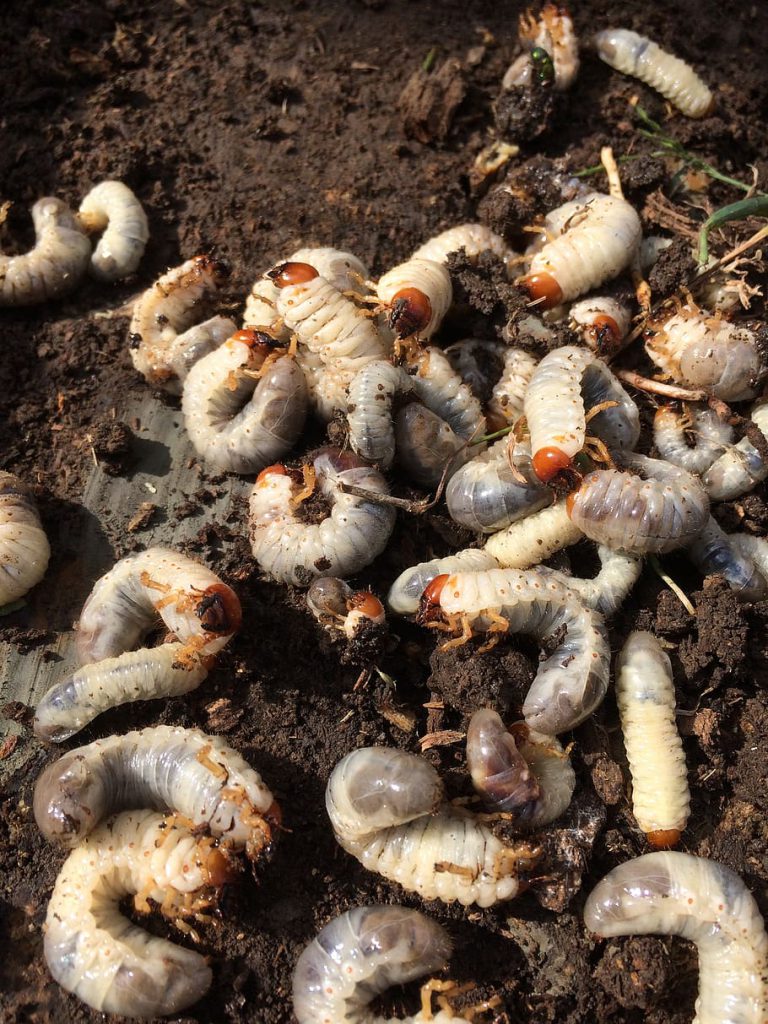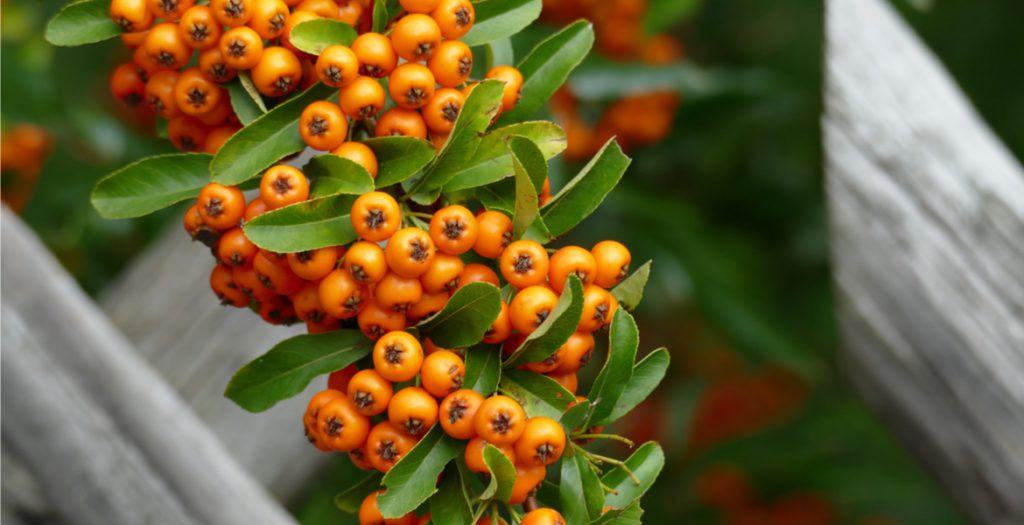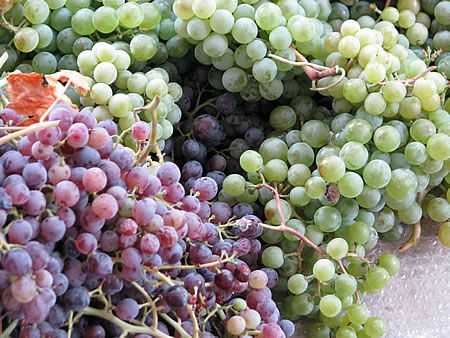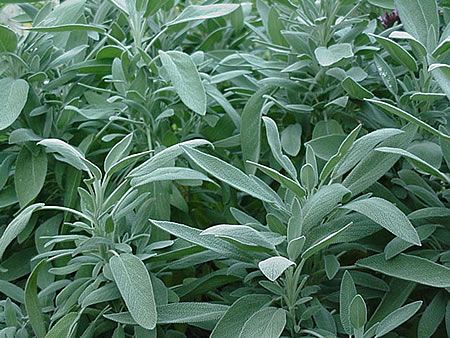The first year I grew the garden (everything), the water bill came to 250 Euros from the 30 we used to pay. And that was a big shock. The cost of water for irrigation was something I hadn’t honestly considered as a new grower.
Suddenly the tomatoes I grew in the garden turned out to be very expensive. So did the zucchini. So were the peppers. So were the watermelons. So were the melons. The eggplants became just as expensive.
They may have tasted better, they may have tasted better, they may have been mine, I may have learned a lot growing them, but it wasn’t as simple as I first thought.
I also discovered along the way that not all the vegetables in the garden I had fit in the place I had it.
I also discovered that it was better to plant, say, 10 tomato plants and have a good yield, than 50 tomato plants that cost me a lot of money and with poor results. Not much to be desired…
New Farmer
If you are new to garden crops, you want to try everything and you are right to do so.
In my opinion, you should try growing as many different vegetables and fruits as you can.
Learn, discover the plants, the vegetables, the fruits, the trees, the garden. The journey of knowledge will be truly magical.
Experienced Grower
If you are a more experienced grower, you have already tried growing many different vegetables and fruits in the space or garden you have.
And over time you will have made some observations.
You have certainly noticed that not all crops fit in your garden, just as not all crops fit in all gardens and in all climates.
Over time, you will have noticed that not all vegetables and plants have the same success and performance in your garden.
But there are other parameters that affect whether something is worth growing or can be grown in your garden. Parameters such as available water, soil quality, cost, time available, how often you visit the garden, etc.
The natural corollary is that over time you will have decided to focus on growing specific vegetables and fruits that thrive in your garden, but are also economically and practically worthwhile to do so.
6 Questions about garden crops
After the initial excitement (great phase, kind of like puberty!), we find that there are some parameters that ultimately decide what is and isn’t worth growing in our garden.
So 6 questions arise which in my opinion are:
Space
How much space do you have available to grow?
Will you grow in a few square meters, in hundreds of square meters, on the balcony of the apartment in the city, in pots, in raised beds?
Space is a key parameter for the success of a crop.
It determines the number of plants you can plant. Remember that plants must be spaced apart from each other to have a successful production and not compete with each other resulting in low production and disease.
The Time
The garden and the plants need care and attention. And that takes time.
But not all of us have the same amount of time at our disposal.
Others live next to the garden or have jobs that allow them to have a lot of free time.
Others live far from their garden (e.g. the garden is at the cottage while they live in the city) or have jobs and commitments that leave them little free time or only on weekends.
The garden and plants are something that, as a living organism, requires constant care and a lot of time. This is something to keep in mind!
If you don’t have a lot and regular time on your hands, choose crops that need little care.
The Cost
The cost to grow is not just the money to buy seeds and seedlings.
Then you will need fertilizers, manure, compost to fertilize the soil. Plant protection products to control diseases and insects on plants.
Tools (hand, electric, petrol) for garden and soil preparation and maintenance. Tools ranging from shovels, pruners, hoes, trolleys, to diggers, mowers and cultivators.
Seed drills to make our own plants from seeds. Pots to grow them in.
Plus water for watering. In urban areas, the charge per cubic meter of water is not fixed. The cost per cubic meter increases as consumption increases. A water bill can easily run out in a large garden.
It is sometimes advisable to step back and think about whether the cost of growing “X” vegetable is really worth it. Especially if we believe that growing our own “X” vegetable will come cheaper than buying it.
Water for watering
The cost of irrigation water is something that in our enthusiasm we easily overlook.
If you water your garden with municipal-rate water, you will notice that the charge per cubic meter is not proportional. The more cubic metres of water you use, the more you are charged per cubic metre. At a certain point, the water bill becomes too inflated.
The more plants you plant, the more water you will need.
And be aware that some plants have high water requirements. Like watermelons, melons, pumpkins, cucumbers, eggplants.
So you need to adjust your crops based on how much water you can afford to pay for.
The difficulty of growing
Not all plants are easy to grow.
There are easy and difficult plants.
For example, eggplant is a difficult plant as it needs a lot of water and is easily attacked by diseases.
If you choose to grow difficult plants, you should be prepared for high costs, low yield and time investment.
Also not all plants are suitable for all climates.
The Soil
Not all soils are the same.
Not all gardens have the same quality of soil.
And soil is the medium and one of the necessary ingredients to have successful crops.
If you are lucky and have good, quality soil, then all is well. You are one of the lucky ones.
But if the soil you have is poor in nutrients essential to plants, hard and barren, then you need to improve and enrich it.
In this case, you will need to invest more money in your garden.
Either buy a lot of manure and compost to make the soil fertile, or build raised beds.
Raised beds are a great solution. However, they have extra costs for building them and filling them with fertile soil.
They also place restrictions on the number of plants you can grow due to limited space.
What to keep from these tips
Ultimately each and every one of us will choose to grow the plants, vegetables and fruits that suit you.
Not all plants suit all gardens, soils and climates.
The space you have available, the time you can devote to the garden, the cost you can afford, the water for watering you have available, the difficulty of growing the plants you are trying to grow and the quality of the soil in your garden will be the parameters that will ultimately help you settle on what is and is not worth growing in your garden.
The process of discovery, however, is as much fun as the experience gained. The journey is often more important than the destination!
Photo by Dawid Zawiła on Unsplash
Tags: CULTIVATE • CULTIVATION • GARDEN • SOIL • WATERING





